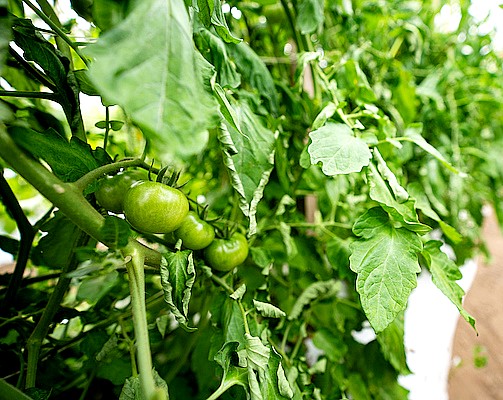Food, nutrition education program expanded in El Paso
AgriLife Extension helps families heal through healthy eating
The Texas A&M AgriLife Extension Service’s Expanded Food and Nutrition Education Program, EFNEP, has extended its reach in El Paso County.
The program, which provides free nutrition education classes to vulnerable limited-resource families and youth, recently moved into a newly renovated space at the Texas A&M AgriLife Research Center, 10601 N. Loop Drive in Socorro.
Last year alone, 1,092 families participated in the Expanded Food and Nutrition Education Program. The program’s move and addition of staff means even more El Paso area families will benefit from the program.
“Programs like this make a big impact in our local community,” said Luz Waters, AgriLife Extension agent for EFNEP, El Paso County. “If not for this program, a lot of families wouldn’t be getting this information and wouldn’t be able to better their health.”
Improving lives and saving money through nutrition education
Waters said studies have shown every dollar spent on teaching the program saves $10 in healthcare costs and $2 in food costs per participant over the long run.
“We are educating and empowering people while also saving the community money,” she said.
In 2019 EFNEP saved El Paso families on average $20 per month in food expenses.
The program offers lessons in basic nutrition, food preparation, food budget management and food safety. It also incorporates physical activity by teaching exercises that can be done at home without the need for equipment.
“We offer our program to both youth and adults,” Waters said. “Sometimes it helps the information to stick if more than one family member has heard it. Sometimes it’s a parent who will get their kids on board; other times it’s the children encouraging healthy changes in the family. Both youth and adults are getting the same message from us, but for children it is taught at the appropriate grade level.”
One of the organizations benefitting from EFNEP is the Center Against Sexual and Family Violence, CASFV, in El Paso.
“What they are teaching helps to empower our clients,” said Leticia Herrera, CASFV workforce coordinator. “We also know good nutrition can positively affect emotions and improve quality of sleep. Many of our clients have sleep disorders.
“Even a therapy session can be more productive after a good nutritious breakfast,” Herrera said. “Programs like this really make a difference to people.”
Participants from past sessions also echo that sentiment. A CASFV client stated that the nutrition class had been very beneficial to contributing to healthy eating for her and her two daughters.
“We have fully changed our daily nutritional life now and eat better quality and healthier food – and we’ve lost a total of 20 pounds,” she said. “I thank the program for everything that they made possible.”
Empowering through engagement and education
Waters said the program participants at CASFV have been some of the most passionate and engaged.
“It’s empowering for participants to learn something new and to have the tools to take better care of themselves and their families,” Waters said.
CASFV participants really like learning how to get the most nutritional value for their money, how to keep fruits and vegetables fresh longer and the safest way to defrost meat, Herrera said.
“At the end of the program they get a certificate that they are very proud to have,” Herrera said. “It is something that shows they are taking steps toward being able to better care for themselves and their families.”
Participants keep the materials they receive so they may refer to them as needed. They also go home with recipes and enhancement items such as cutting boards or measuring cups.
“We are looking forward to having the classes again; our clients really benefit from it,” Herrera said. “It makes a big difference.”
Waters said the program is available to any family organization in the community.
“All they have to do is reach out to us, and we’ll come,” she said.
Expanding the food and nutrition program
The program, which was established in 1969, holds classes in schools, clinics and a variety of community centers for adults. Classes targeting youth in grades 3-12 are held at area schools and community sites.
A parent who participated in the program at Hueco Elementary School said, “I am beginning to add more vegetables to meals to add color and nutrition for my children. Especially with the ramen noodle skillet recipe, I make it at home and my kids enjoy it in a healthier way now.”
Another participant said she had learned to reduce salt and read labels on different foods, and to reduce portions of food and eat more vegetables.
Feedback from participants and program directors like Herrera is why Waters is so enthusiastic about what the expansion means for the community.
“Between the move and the addition of Cynthia Mena, who will work with youth, we are excited about the increased number of people we’ll be able to reach and educate this year,” Waters said.
Waters and her staff of seven spend the majority of each week out in the community. The addition of Mena means even more children will learn about food and nutrition.
Free educational materials are provided to participants at each of eight sessions for adults and six sessions for youth. All adult sessions include a recipe demonstration, take-home materials, a certificate of completion and a gift that will help reinforce what was learned in the class. The classes are available in English or Spanish, as are the take-home materials.
EFNEP is a statewide program that has benefitted families and communities across Texas. For more information on the EFNEP in El Paso or to request the program, visit their website.





